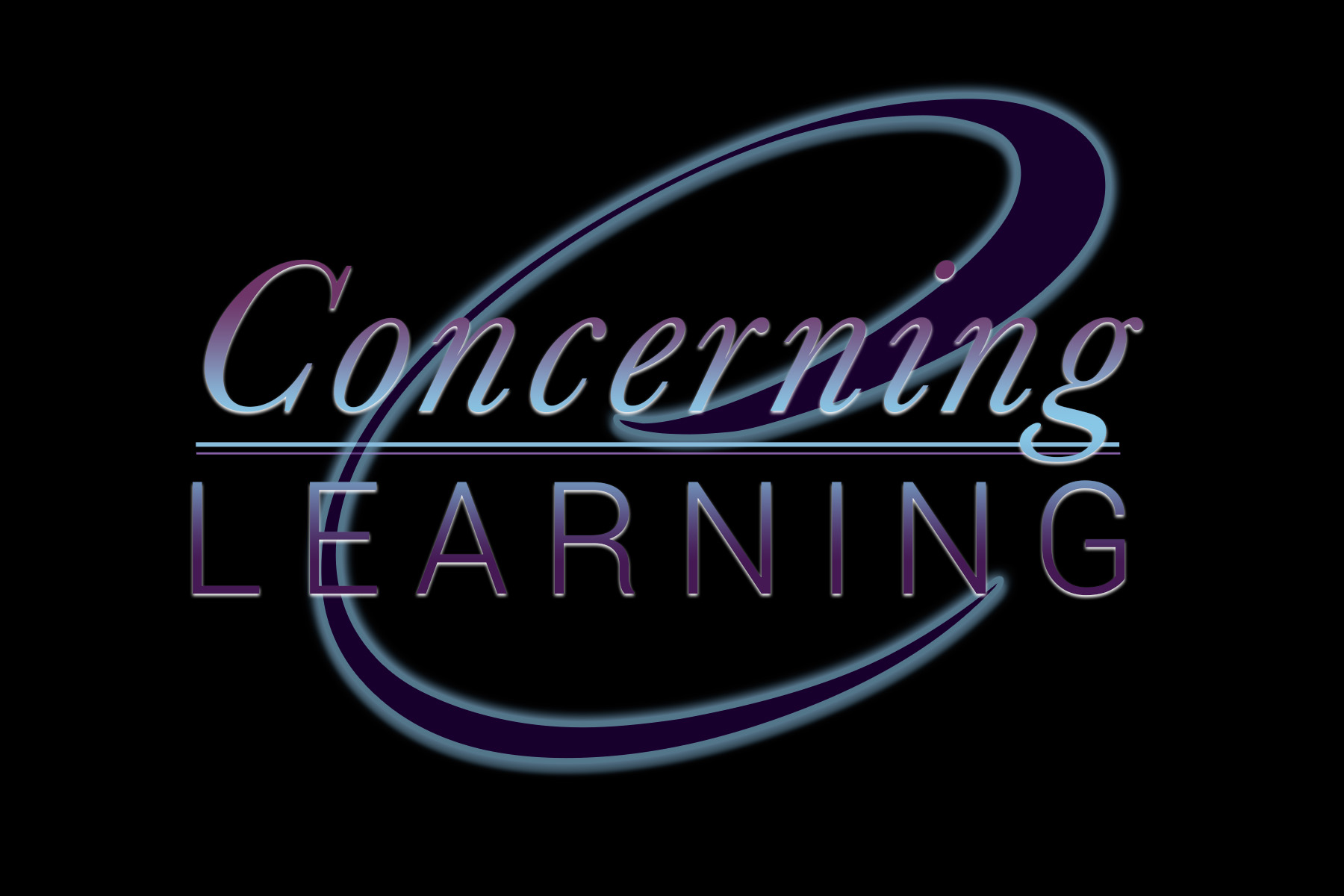What I Learned about Psychological Safety
Attending the 2023 Training Industry Conference & Expo (TICE), left me inspired and ready to put my learning into action! I realized how so few training professionals understood the importance of psychological safety. Psychological safety is one of the building blocks of culture.
As community of learning and development (L&D) professionals, we have a tremendous opportunity to transform organizational culture.
Take the three-question Psychological Safety Quiz.
TRAINING NEEDS-EVIDENCE
I gathered three data points to support my theory that organizational leaders need to upskill their knowledge base to establish psychological safe workplaces
KEYNOTES
1) During TICE, several keynote speakers (and industry leaders) mentioned psychological safety. Or, their presentations focused on the concept of safety in the workplace.
Chad Littlefield, shared how asking powerful questions increases employee engagement. Littlefield’s We! Connect Cards, spark conversation, and build trust and connection.
Sandy Ogg, connected talent to value. He described how to increase levels of psychological meaningfulness, before adopting psychological safety.
The Keynote Panel Discussion, moderated by Dr. Krystal Walker, was another indicator that safety is on the minds of L&D leaders. Panelists Amy DuVernet, Erin Goldman, Adri Maisonet Morales, and Chris Cassell, shared the interwoven skills that enhance safe space creation for employees to learn, grow, and develop.
Roundtable Discussion
2) Supporting a Safe and Equitable Work Environment Roundtable
I facilitated this discussion to illustrate how to assess, elevate, and encourage psychological safety. Our table was eager to adopt these concepts as part of their organizational culture and not a footnote.
Concurrent Session: Cultivating a Healthy & Safe Culture: A Guide for Promoting Psychological Safety in the Workplace
3) I facilitated this concurrent session after the roundtable discussion.
When I asked the session participants, “How many times have you heard the term psychological safety while attending the conference?”, some said that they heard it over 20 times. Others stated TICE was the first time the term was mentioned.
Summary
Based on my front-end analysis, there is a knowledge and skills gap regarding psychological safety.
Building Psychological Safety
First, I strongly recommend that learning leaders sharpen their performance consulting skills. This is a requirement of a business partner. Use psychological safety as a tool to increase employee performance. Organizational leaders do not need another buzz word or trendy fix. They must connect safety with the organization’s mission.
Second, L&D professionals should upskill their understanding of psychological safety in theory and practice.
Concerning Learning offers two solutions to help learning leaders with their psychological safety initiatives. Workshops are delivered in virtual and/or in-person formats.
Virtual workshops are conducted in two, ½-day sessions.
More than a Trainer helps trainers reimagine their role to that of a consultant, equipped with skills to help their organization operate more efficiently.
Elevating Psychological Safety in the Workplace explore ways to increase understanding and build psychological safety which is one of the building blocks of culture.
I facilitated both workshops at the Training Officers Consortium Annual Institute.
If you’re interested in learning more about Psychological Safety and want to schedule an upcoming session, sign-up here.
